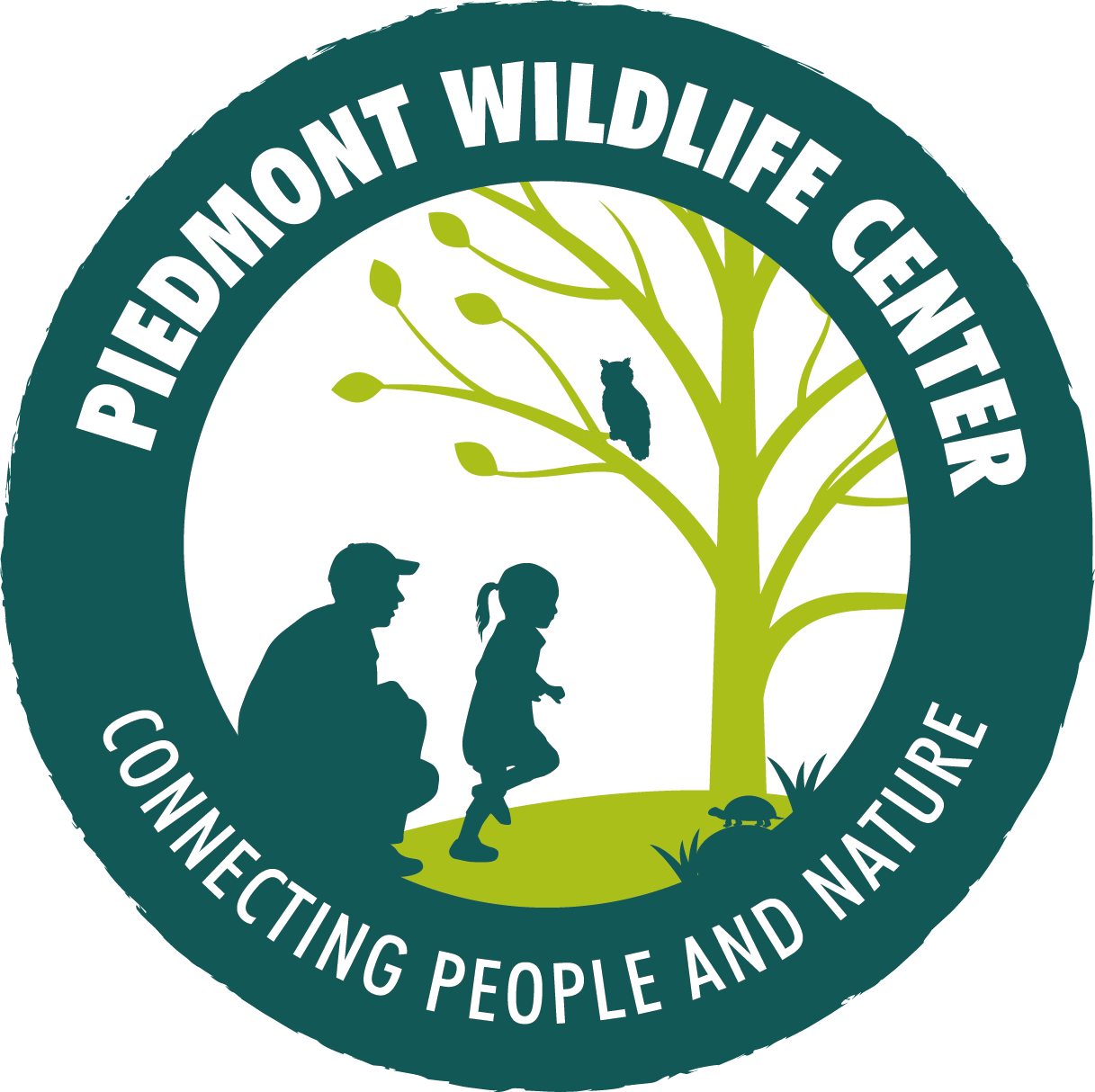Behind every successful event or conservation program, there is an awesome PWC intern - or four! This month, we're celebrating the unsung heroes of Summer 2022: Josza, Eli, Tyler, and Alex, our summer interns!
Conservation interns play an important role at PWC, providing essential daily care for our Ambassador Animals, tracking box turtles in the field with radio telemetry to collect data for our research, and assisting with educational programs led by our conservation staff. This summer, we also welcomed our first administrative intern in recent years! Each of our interns designs and completes an independent capstone project on a topic of their choice during their internship.
Learn more about our interns and their projects:
Jozsa Incorvaia (conservation intern, top left) attends NC State and is currently pursuing a degree in animal science. She worked as a CIT from 2016 until officially becoming a counselor in 2021. Jozsa is thrilled to continue her work at PWC as a wildlife conservation intern. Her capstone project is cleaning up broken glass in Leigh Farm Park and giving our PWC kiosk a much-needed makeover.
Eli Benbenek (conservation intern, top right) plans on graduating from NC State this year with a major in zoology and minors in applied ecology and wildlife science. He like music, reading, and spending time with his new kitties Phoebe and Gus. His capstone project is studying differences in behavior between eastern box turtles in captivity and in the wild.
Tyler Musante (conservation intern, bottom left) is a rising senior at Elon University, majoring in environmental and ecological sciences. Some of his favorite tasks at Piedmont include tracking box turtles, raptor care, and helping present Piedmont’s animals through its educational programs. His capstone project is exploring new ways to provide enrichment for our resident raptor Ambassadors.
Alexandra Moehring (administrative intern, bottom right) is a graduate student at UNC Chapel Hill working on a Masters in Public Administration. When she's not working as a waitress, she enjoys working in her tomato garden, napping, and visiting with Pepper the opossum! Alex's capstone project is developing an updated operations manual for PWC.
Huge thanks to all our interns for their energy, creativity, and hard work this summer. We are so grateful for everything you've brought to PWC!
Interested in doing an internship at Piedmont Wildlife Center? Applications are open now through August 15th for our Fall 2022 wildlife conservation internships! Learn more and apply here.










